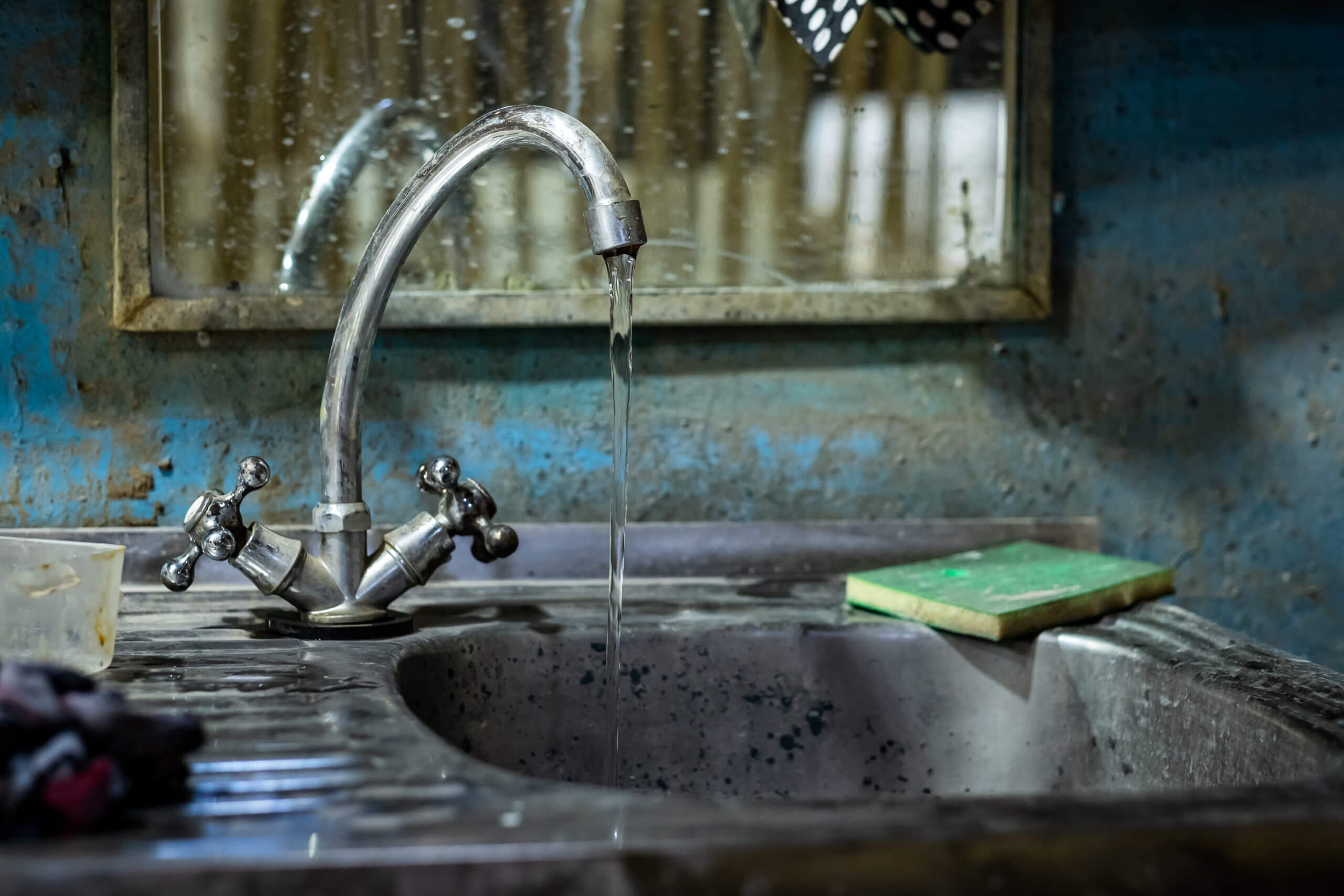Understanding Water Quality: How Your Plumbing Affects Your Health

From pipe materials to maintenance habits, your plumbing shapes water quality throughout the home. Addressing corrosion, scale, and stagnant sections helps keep water clear, great‑tasting, and safer for everyday use across Los Angeles and Orange County.
Plumbing Factors That Influence Water Quality
Pipe materials and aging
Legacy galvanized or worn copper can shed particles. Upgrading sections during remodels, or as part of a planned project, reduces discoloration and improves taste.
Stagnation and low‑use lines
Seldom‑used baths and hose bibs can harbor stale water. Periodic flushing helps move fresh water through dead‑end runs and reduces odors.
Water Quality Improvements You Can Make
- Whole‑home or point‑of‑use filtration: Choose systems matched to local water and maintenance comfort.
- Proactive maintenance: Fix leaks fast and replace failing shutoffs and supply lines that can introduce debris.
- Balanced pressure: Stable pressure limits turbulence that can stir up sediment in older lines.
Healthy‑Home Basics for Better Water
Keep aerators clean, flush seldom‑used taps, and service water heaters to reduce scale. During upgrades, consider layout improvements that shorten long runs and improve circulation—small changes that support consistent water quality.
For fast, reliable service in LA & OC, contact Plumbing Squad.
Key Takeaways
- Understand the essentials of water quality so you can act quickly and avoid damage.
- Use safe, proven methods first; avoid shortcuts that create bigger problems.
- Prevent issues with routine maintenance and timely upgrades.
- Know when to call a professional to save time, money, and stress.
Smart, Efficient Upgrades
- Water‑efficient fixtures and leak‑detection shutoff valves.
- Pressure regulation to protect pipes and appliances.
- Filtration and conditioning for better water quality.
Routine Maintenance
Annual inspections catch small problems early—corroded supply lines, slow drains, and aging shutoffs. Document your system (valve locations, model numbers) for faster service.
FAQs
How can I prevent water quality?
Start with routine maintenance: inspections, cleaning, and replacing worn parts before they fail. Address small issues early, use quality fixtures, and follow manufacturer guidelines. A yearly whole‑home check by a pro helps catch problems before they turn into water quality.
Can DIY fixes make water quality worse?
Yes. Using the wrong chemical, tool, or technique can damage pipes, fixtures, or finishes, and often pushes the problem deeper. Stick to safe methods and call a pro when you hit resistance, smell sewage, or see leaks.
When should I call a professional plumber for water quality?
Call right away if there’s active leaking, sewage odors, recurring clogs, no hot water, water stains, or you’ve tried basic steps without success. Emergencies include burst pipes, backflows, and any leak near electrical.
How much does it typically cost to address water quality?
Costs vary by scope, materials, access, and location. Expect a basic service call to start around a few hundred dollars, while larger repairs or replacements range higher. After an on‑site assessment, your plumber can provide a firm, written estimate.
Need a Reliable Plumber?
Plumbing Squad handles inspections, repairs, and emergency service with transparent pricing and clean workmanship. Call today or book service to get expert help fast.

